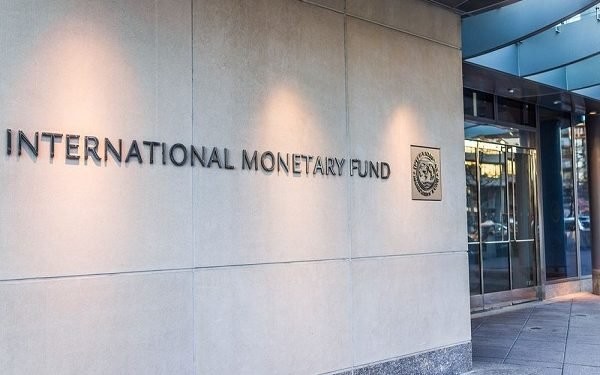Nigeria, others lost $100b to COVID-19, says IMF

The International Monetary Fund (IMF) has said Nigeria, emerging markets and other developing economies have lost over $100 billion in portfolio flow reversals due to the COVID-19 pandemic.
IMF Managing Director, Ms. Kristalina Georgieva, who stated this on Monday in a statement, said commodities-dependent countries have been further shocked by plummeting export prices, while tourism-dependent countries are experiencing a collapse of revenues including those relying on remittances for income support.
The IMF boss described COVID-19 pandemic as a crisis like no other that requires global response like no others as well, insisting that it is more complex, with interlinked shocks to health and economies that have brought the way of life to an almost complete stop. She said the world is learning only gradually how to treat the novel virus, make containment most effective and restart economies.
She said the IMF, in recognizing the characteristics of this crisis, sought to maximize its capacity to provide financial resources quickly, especially for low-income members, saying, in this regard, “we have strengthened our arsenal and taken exceptional measures in just these two months, the Fund has doubled its emergency, rapid discussing capacity to meet expected demand of about $100 billion.”
Ms. Georgieva said that 103 countries have approached IMF for emergency financing, saying the Executive Board will have considered about half of these requests by the end of the month. She said the Catastrophe Containment and Relief Trust has been reformed to “help 29 of our poorest and most vulnerable members—of which 23 are in Africa—through rapid debt-service relief, and we are working with donors to increase our debt-relief resources by $1.4 billion.” She praised the United Kingdom, Japan, Germany, the Netherlands, Singapore, and China, for being able to provide “ immediate relief to our poorest members.”
She said the Fund is seeking $17 billion in new loan resources to triple its concessional funding via the Poverty Reduction and Growth Trust for the most vulnerable countries, commending Japan, France, United Kingdom, Canada and Australia for their commitments to provide $11.7 billion, representing “about 70 per cent of the resources needed towards this goal.”
The IMF chief said among the measures already taken, is the suspension of official bilateral debt repayments for the poorest countries through end 2020, describing it as a ground-breaking accord among G20 countries. “This is worth about $12 billion to nations most in need,” she said, calling on private sector creditors to participate on comparable terms, a measure she said that could add a further $8 billion of relief.
“In the new post-COVID-19 world, we simply cannot take social cohesion for granted. So we must support countries’ efforts in calibrating their social policies to reduce inequality, protect vulnerable people, and promote access to opportunities for all, This is a moment that tests our humanity. It must be met with solidarity. There is much uncertainty about the shape of our future. But we can also embrace this crisis as an opportunity to craft a different and better future together,” Georgieva said.

